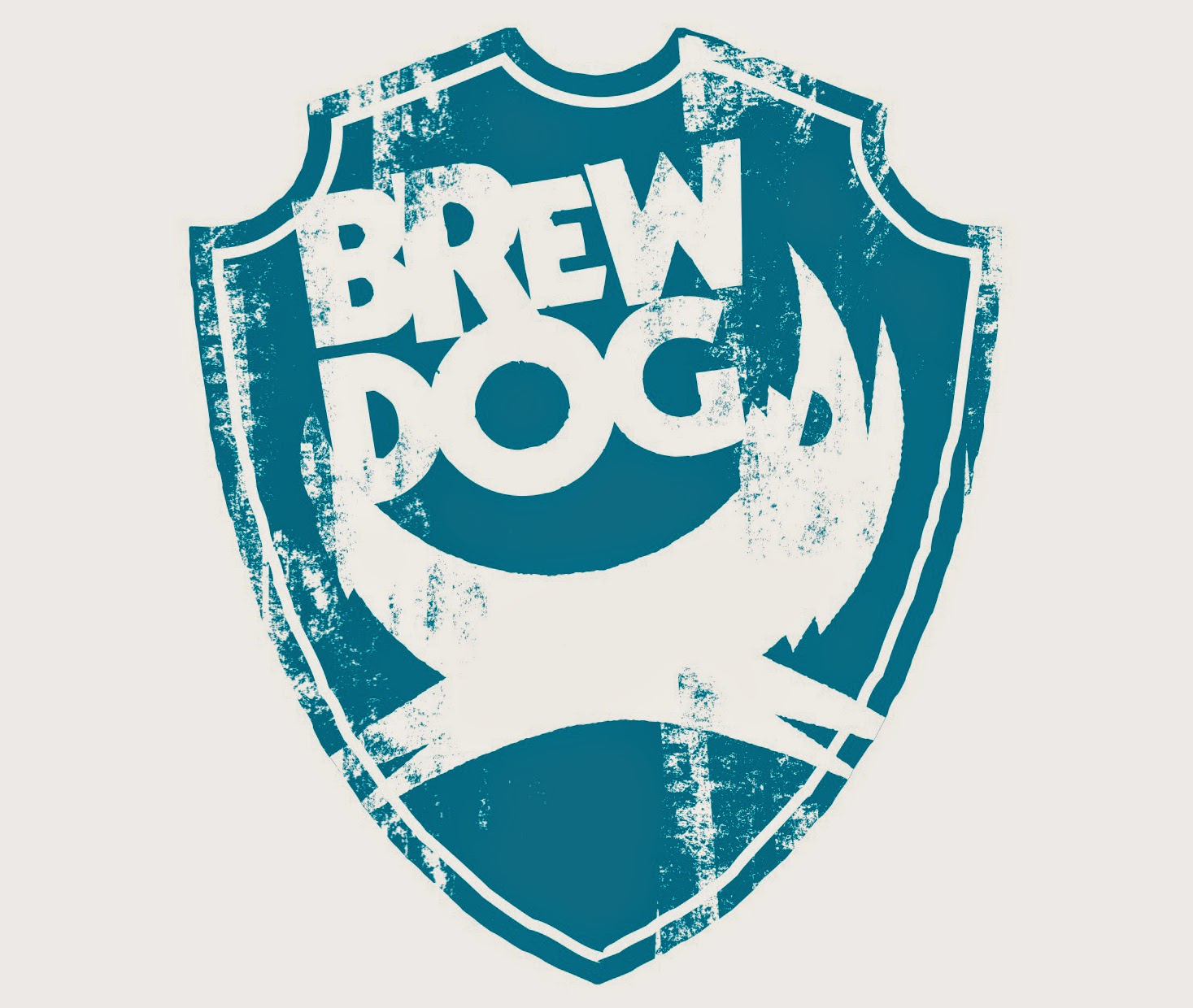Design Context
Alex Dyson
Archives
- Wednesday 1 October 2014
- In OUGD601
- 0 Comments
OUGD601 — Case Study: Brewdog
Brewdog's story is probably one of the most interesting I've heard in respect to their marketing strategies and the development of their brand & business.
Starting in 2008, Brewdog was founded by two mates who simply didn't like the beer out there and so begun making their own. This tends to be the first chapter for most successful businesses purely because chances are, there are other people out there who think and feel the same way.
After the initial struggle of brewing small batches and bottling by hand to then sell at markets and out of their van they quickly employed more people, bought more brewing equipment and started having fun with it. They started to get people's attention by pushing boundaries people were usually uncomfortable with, some might of thought this would collapse a business but all it did was spark a media storm. By the 2nd year of business, they were the biggest independent brewer in Scotland.
The Anti-Business Model.
This is the interesting part of their marketing strategy. Becoming known as a company to push boundaries and be about well made + different beer rather than conforming to the norm, they even pushed the boundary of their image and began 'Equity For Punks'.
'Equity For Punks' was their way of allowing people to buy shares in their business online.
14,568 people so far have taken them up on the offer to be a part of their 'anti-corporate-beer' movement which has blown the business up massively. Purely by adding such a value to their shares, people all over the world have invested in making the business bigger in return for a lifetime discount at their bars and their online shop.
This idea is intelligent in so many different ways and works as a great example of fusing consumerism, beer and people's hate for one thing with people's love for another. Not only are they creating an impact, spreading the word about great beer, pushing a movement and educating people that there is more out there than the same old pint, but they are growing their business and giving it a strong brand people know and remember.
When looking at a brewery like Brewdog, you start to question what people are buying.
The beer itself?
No one that likes beer can deny that Brewdog produce incredible drinks. The quality is good, the variation is good, the flavours are different but still enjoyable. At the end of the day, they are good at what they do and it is easier to market a product that is actually good than one that isn't.
The brand?
Brewdog's packaging stands out, it looks quirky, alternative and appeals to an audience that don't like to conform to society. That could be a huge buying point to a lot of people when deciding on their poison of the evening, some people want others to see what they are wearing, how their hair is and what they are eating/drinking and make a judgement on them — "That guy seems interesting, he's not drinking Carling, he's drinking something with stencilled type and contrasting colours.
The support of reducing bigger companies?
People have heard of brew dog, that is a slight understatement in the world of UK beer too. If you were a person against corporate hierarchy, consumerism, and money fuelled companies ruining quality of products and the environment, you would undoubtedly rather have a Punk IPA than a pint of Stella. But then the question comes to light, is brewdog's image a marketing strategy to make themselves bucket-loads of money (which is working and working well) and turning them into the exact thing they are seen to stand against - or is it all honest?
Subscribe to:
Posts (Atom)
Labels
- Lecture (8)
- OUGD401 (22)
- OUGD403 (1)
- OUGD501 (21)
- OUGD501 - Studio Brief 1 (2)
- OUGD501 - Studio Brief 2 (5)
- OUGD501 - Study Task 1 (1)
- OUGD501 - Study Task 2 (1)
- OUGD501 - Study Task 3 (1)
- OUGD501 - Study Task 4 (1)
- OUGD501 - Study Task 5 (1)
- OUGD503 (5)
- OUGD503 - Studio Brief 1 (5)
- OUGD504 (10)
- OUGD504 - Studio Brief 1 (6)
- OUGD504 - Studio Brief 2 (3)
- OUGD504 - Studio Brief 3 (1)
- OUGD504 - Study Task 4 (1)
- OUGD505 (5)
- OUGD505 - Studio Brief 1 (3)
- OUGD505 - Studio Brief 2 (1)
- OUGD505 - Studio Brief 3 (1)
- OUGD601 (30)
Copyright 2010. All rights reserved.



